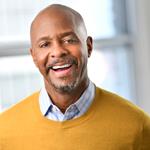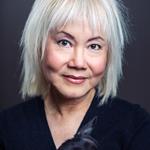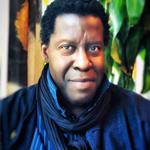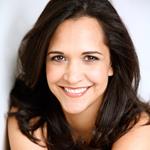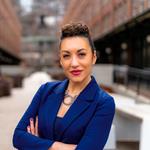Opera Conference 2021
For the second year in a row, COVID restrictions made OPERA America’s annual Opera Conference an online event. The virtual model provided a remarkable degree of access and immediacy. Over three weeks in May, the conference brought together nearly a thousand registrants — more than has ever attended an in-person conference — for interactive streams that allowed viewers to feel up close with the speakers and catch up with colleagues in the live chat.
Over its three-week span, the conference focused on three key themes, all informed by the significant shifts that the past year has brought to the industry: “Artists at the Center,” “The Politics of Art” and “Achieving a New Normal.” On each Monday of the conference, a keynote speaker introduced the week’s topic; on each Wednesday, a panel of experts offered an in-depth discussion, followed by case studies.
Artists at the Center (May 10 and 12)
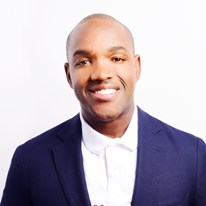 It was fitting that an artist — tenor Lawrence Brownlee — should kick off the conference. Since the onset of the pandemic, the hardship faced by opera artists has been immeasurable, but their creativity has been equally immense as they’ve redefined the art form for the digital sphere. Brownlee — a prolific producer of online content during the pandemic, as well as artistic advisor and a board member at Opera Philadelphia — offered a look at how artists can take on a more central role in shaping opera companies’ operations. “Board rooms are often filled with people who have excelled in business and other ventures, and sometimes ‘the art’ might get lost,” he said. “I want to make sure that we preserve the very thing that inspired board members to want to support the art in the first place and remind them of its intrinsic value. We must make sure that the art is always at the core of everything we do.”
It was fitting that an artist — tenor Lawrence Brownlee — should kick off the conference. Since the onset of the pandemic, the hardship faced by opera artists has been immeasurable, but their creativity has been equally immense as they’ve redefined the art form for the digital sphere. Brownlee — a prolific producer of online content during the pandemic, as well as artistic advisor and a board member at Opera Philadelphia — offered a look at how artists can take on a more central role in shaping opera companies’ operations. “Board rooms are often filled with people who have excelled in business and other ventures, and sometimes ‘the art’ might get lost,” he said. “I want to make sure that we preserve the very thing that inspired board members to want to support the art in the first place and remind them of its intrinsic value. We must make sure that the art is always at the core of everything we do.”
Brownlee’s remarks touched off a spirited discussion among Wednesday’s panelists, who addressed the question “What does ‘centering the artist in the work of the company’ mean to you, and how do you describe the benefits of artist-centered work?”:





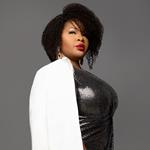

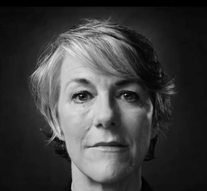 In her keynote address, Christia Mercer, a professor of philosophy at Columbia University, provided a historical and philosophical background for politics in art, and in opera in particular. “As long as there has been public art, there has been a debate about its proper relation to the public,” Mercer said. “And insofar as opera is public art, it is political.”
In her keynote address, Christia Mercer, a professor of philosophy at Columbia University, provided a historical and philosophical background for politics in art, and in opera in particular. “As long as there has been public art, there has been a debate about its proper relation to the public,” Mercer said. “And insofar as opera is public art, it is political.”